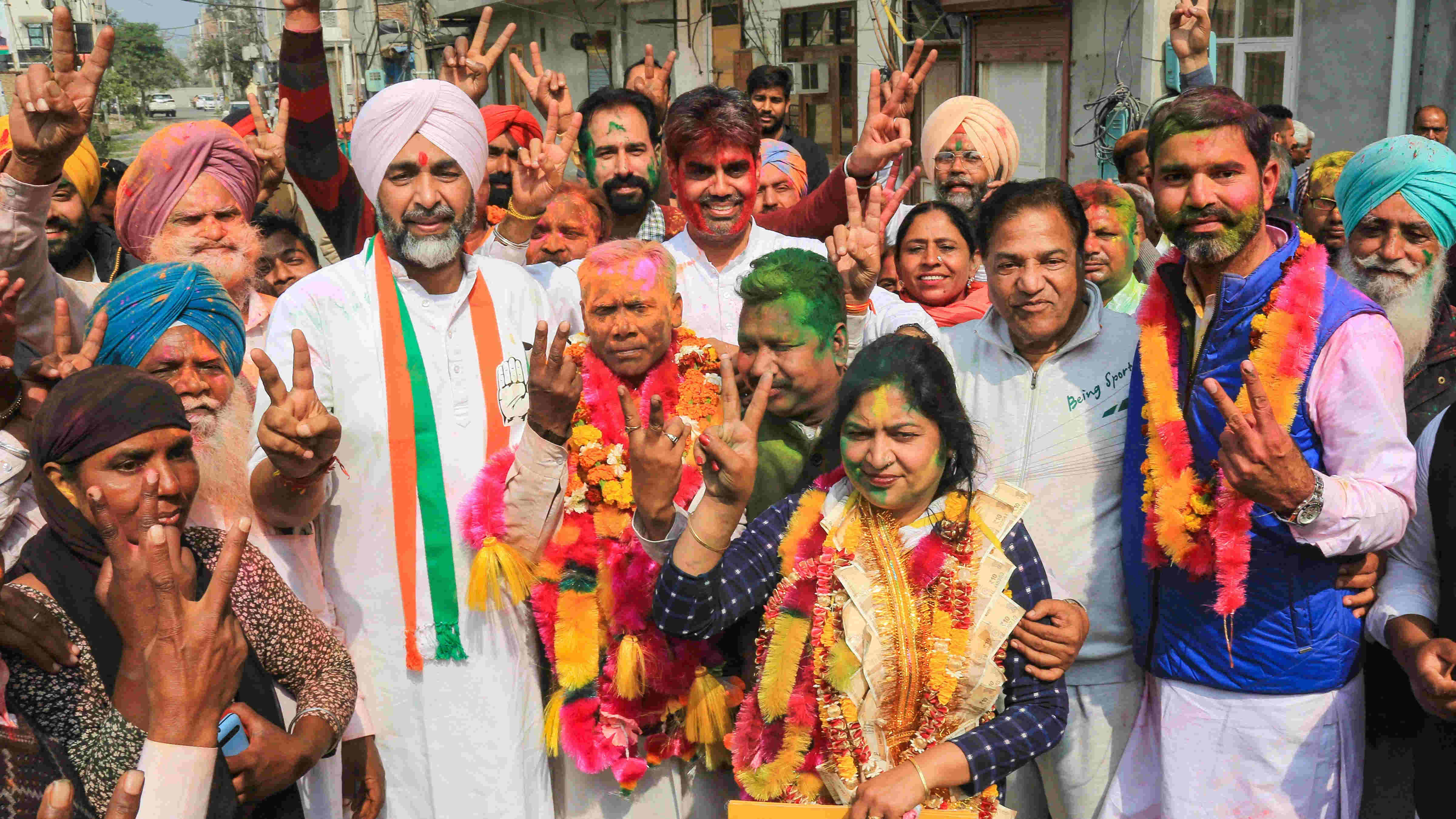One possible reason behind the Bharatiya Janata Party’s stubborn refusal to relent on the controversial farm laws is that the farmers’ protest, till recently, had not managed to extract its pound of political flesh. However, the outcome of the civic polls in Punjab may cause some concern to the BJP. The Congress swept the polls piggybacking on the public anger directed at the BJP. Interestingly, the Aam Aadmi Party and the Shiromani Akali Dal proved to be collateral damage. The SAD suffered for its partnership with the BJP, while the AAP was perceived to be tepid in its initial resistance to the BJP forcing the contentious farm laws down the throat of unwilling farmers. The results would come as a shot in the arm for the Congress, especially the chief minister, Amarinder Singh, who was expected to battle anti-incumbency. The BJP, meanwhile, would strive to ensure that the political winds from Punjab do not lead to inclement weather in other states, especially Uttar Pradesh. Its decision to mobilize Sanjeev Balyan — he belongs to the same khap as Rakesh Tikait who is spearheading the spirited protests by farmers — betrays jittery nerves. It has been reported that the Centre’s refusal to budge on the demands of farmers could lead to political reversals in as many as 40 Lok Sabha seats in the Jat belt. The BJP would be desperate to contain the damage in UP, a prized state and, allegedly, an ideological laboratory of the sangh parivar.
It is too early to map the extent of the potential damage that the farmers’ stir can cause to India’s ruling party. Mr Tikait has warned that the farmers would extend the agitation to other states, including Bengal, but the political impact of the agitation would depend on two things. First, the Opposition would have to generate greater public engagement without monopolizing the movement. Second, solidarities need to shift on the turf, with Jats, Dalits and Muslims forming a formidable electoral alliance to neutralize counter-mobilizations on religious lines. All these outcomes are speculative at the moment. But one thing is evident. In India, political parties are unlikely to concede to public demands unless the protests begin to hurt electorally. This is a sad testament to the perversions that populism has introduced to democracy.










